
A surprising look at "race" relations in the
Investigative journalist, Tim Hashaw looking up a confederate ancestor finds two Africans in his family line. In The Birth of Black
Hashaw brings out mystery of a pirate ship, whose letters of Marque had expired.
The Africans are divided up to work on two plantations. But their servitude is not permanent, since the Virginia Company does not allow for slavery. Like many poor whites, the first Americans from Africa were freed after several years, some purchasing their freedom with cattle they had raised. Some marry white women and even pay for the passage of white settlers in order to own land.
With a Bantu skill for animal husbandry, some purchased their freedom, freedom for their children, even stepping in to pay for illegitimate children, assuring the court that the child would not be a liability to the state.
The book reveals a developing integrated society in early
Sir Edwin Sandys, elected to parliament and formative member of the Virginia Company, wanted an integrated culture as an opportunity for evangelism.
Hashaw writes:
“Spanish spies reported back to King Phillip III that the English of Virginia had determined to intermarry with the native population to create a Christian mestizo or Creole society win which both English men and women were permitted to marry natives.”
A dominant Royalist population (those who fled Cromwell because they were loyal to King Charles I) in Virginia codified slavery in 1661, but free blacks remained free. “Interracial” marriage was eventually banned, but families just moved out onto the frontier where rules and churches were less restrictive.
Investigating legal records, church rolls, wills and family history, author Tim Hashaw reveals the stubborn pride, skill and Christianity of early Black America.
~Regina Seppi, Fall 2007
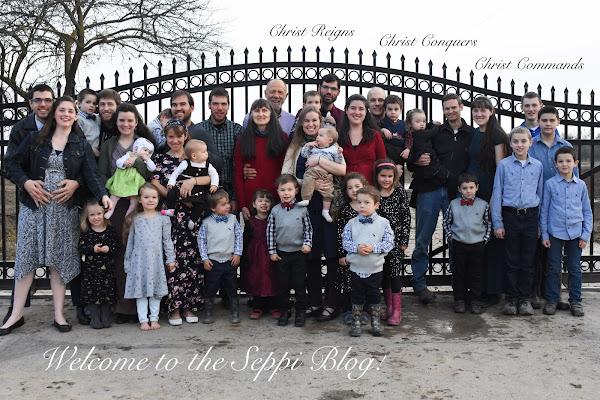
















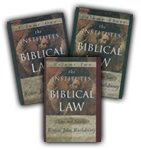






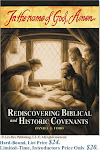



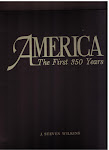
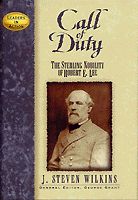
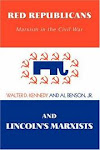




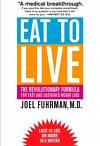



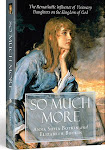
















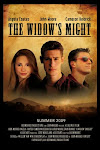


No comments:
Post a Comment